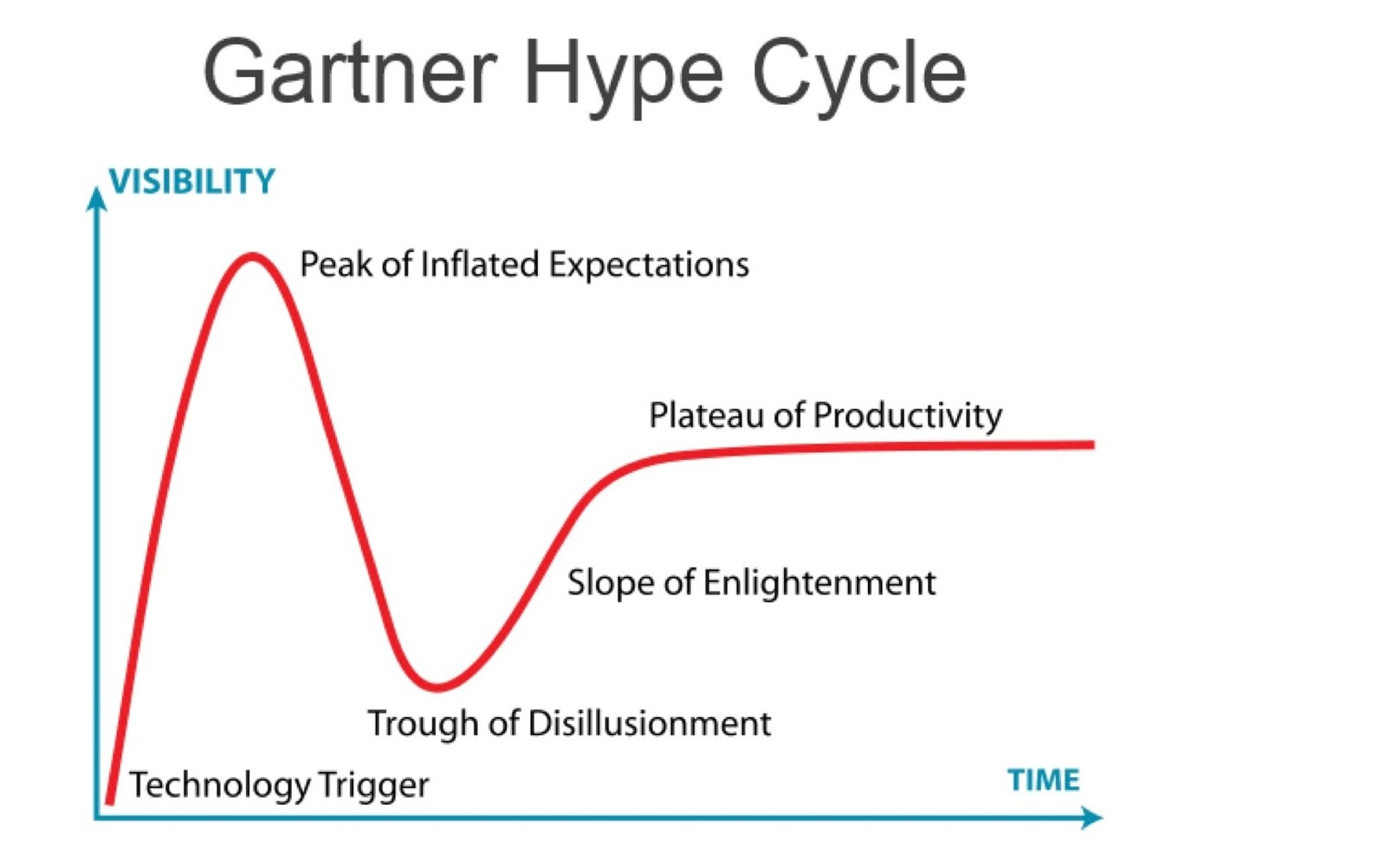this post was submitted on 21 Aug 2024
251 points (95.0% liked)
Technology
60021 readers
1944 users here now
This is a most excellent place for technology news and articles.
Our Rules
- Follow the lemmy.world rules.
- Only tech related content.
- Be excellent to each another!
- Mod approved content bots can post up to 10 articles per day.
- Threads asking for personal tech support may be deleted.
- Politics threads may be removed.
- No memes allowed as posts, OK to post as comments.
- Only approved bots from the list below, to ask if your bot can be added please contact us.
- Check for duplicates before posting, duplicates may be removed
Approved Bots
founded 2 years ago
MODERATORS
you are viewing a single comment's thread
view the rest of the comments
view the rest of the comments

But we already have quantum proof passwords nowadays.
Even "quantum proof" passwords are trivially broken if quantum computers allow us to practically solve p=np.
That's a pretty big assumption though, and even then you can just switch to a new password format that allows for passwords that aren't solvable using mathematical means. e.g. my password is to fill in a picture on 10x10 grid using 10 different colours. There's no mathematical basis to guess my picture and there are more posibilites than there are particles in the observable universe.
That's perfectly solveable with math. Each grid square can take 10 colors, so there are 10^100 possibilities. That's about 330 bits of entropy, or equivalent to a 51 character password. That's gross overkill if the underlying cryptosystem isn't broken, but insufficient if it is (depending on the details).
Cryptography routinely deals with much, much larger numbers than what you're suggesting (e.g. any RSA key), and even those get broken occasionally.
It's no more an assumption than "Our current quantum-proof passwords are secure against a type of computer that is entirely conceptual at current time."